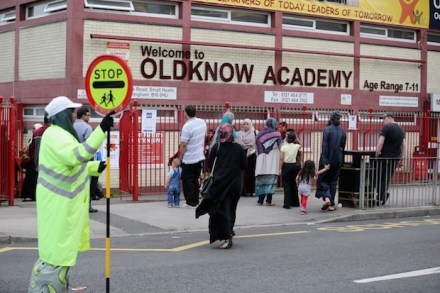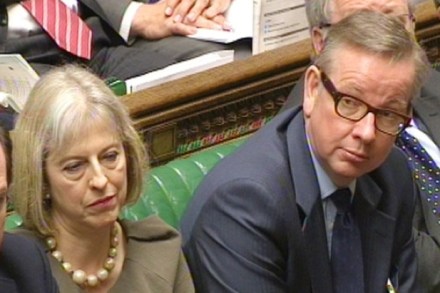What’s the best way to prepare young people for employment?
Britain’s skills crisis was addressed by the country’s leading educationalists today at The Spectator’s half-day conference, Giving Britain the skills it needs. Matthew Hancock, Minister for Skills and Enterprise, delivered the key note speech. In it he outlined his plans for better preparing young people for employment. ‘I’m determined that apprenticeships become the established route for all school-leavers who don’t go to university; not as a second option,’ he said, before adding that ‘demanding higher standards of people isn’t setting them up for failure, as we’ve often heard from the left.’ Hancock’s speech focussed on the need to establish how technology must be used to ‘spread opportunity.’ Schools and colleges should



















